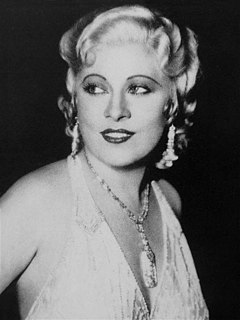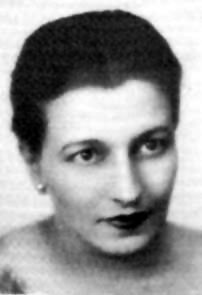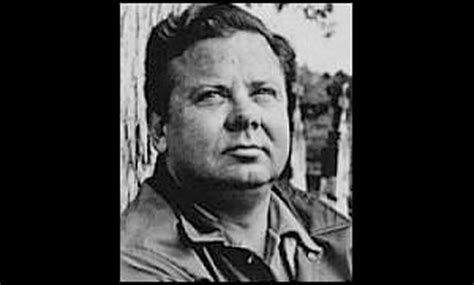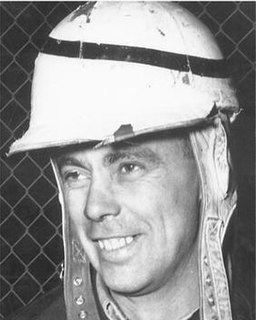A Quote by Mae West
A man has more character in his face at forty than at twenty - he has suffered longer.
Related Quotes
People between twenty and forty are not sympathetic. The child has the capacity to do but it can't know. It only knows when it is no longer able to do -after forty. Between twenty and forty the will of the child to do gets stronger, more dangerous, but it has not begun to learn to know yet. Since his capacity to do is forced into channels of evil through environment and pressures, man is strong before he is moral. The world's anguish is caused by people between twenty and forty.
Man is more courageous, pugnacious, and energetic than woman, and has a more inventive genius. His brain is absolutely larger, but whether relatively to the larger size of his body, in comparison with that of woman, has not, I believe been fully ascertained. In woman the face is rounder; the jaws and the base of the skull smaller; the outlines of her body rounder, in parts more prominent; and her pelvis is broader than in man; but this latter character may perhaps be considered rather as a primary than a secondary sexual character. She comes to maturity at an earlier age than man.
When the sacredness of one's word is matched in the attributes of his character throughout, all that constitutes a man, then we find that there is something in a man's life greater than his occupation or his achievements; grander than acquisition or wealth; higher than genius; more enduring than fame.
I came across a photograph of him not long ago... his black face, the long snout sniffing at something in the air, his tail straight and pointing, his eyes flashing in some momentary excitement. Looking at a faded photograph taken more than forty years before, even as a grown man, I would admit I still missed him.
No mathematician should ever allow him to forget that mathematics, more than any other art or science, is a young man's game. ... Galois died at twenty-one, Abel at twenty-seven, Ramanujan at thirty-three, Riemann at forty. There have been men who have done great work later; ... [but] I do not know of a single instance of a major mathematical advance initiated by a man past fifty. ... A mathematician may still be competent enough at sixty, but it is useless to expect him to have original ideas.
A man's character is like his house. If he tears boards off his house and burns them to keep himself warm and comfortable, his house soon becomes a ruin. If he tells lies to be able to do the things he shouldn't do but wants to, his character will soon become a ruin. A man with a ruined character is a shame on the face of the earth.
And now I am eking out my days in my corner, taunting myself with the bitter and entirely useless consolations that an intelligent man cannot seriously become anything; that only a fool can become something. Yes, sir, an intelligent nineteenth-century man must be, is morally bound to be, an essentially characterless creature; and a man of character, a man of action - an essentially limited creature. This is my conviction at the age of forty. I am forty now, and forty years - why, it is all of a lifetime, it is the deepest of old age. Living past forty is indecent, vulgar, immoral!
His books were part of him. Each year of his life, it seemed, his books became more and more a part of him. This room, thirty by twenty feet, and the walls of shelves filled with books, had for him the murmuring of many voices. In the books of Herodotus, Tacitus, Rabelais, Thomas Browne, John Milton, and scores of others, he had found men of face and voice more real to him than many a man he had met for a smoke and a talk.
I believe that it would be almost impossible to find anywhere in America a black man who has lived further down in the mud of human society than I have; or a black man who has been any more ignorant than I have; or a black man who has suffered more anguish during his life than I have. But it is only after the deepest darkness that the greatest joy can come; it is only after slavery and prison that the sweetest appreciation of freedom can come.




































